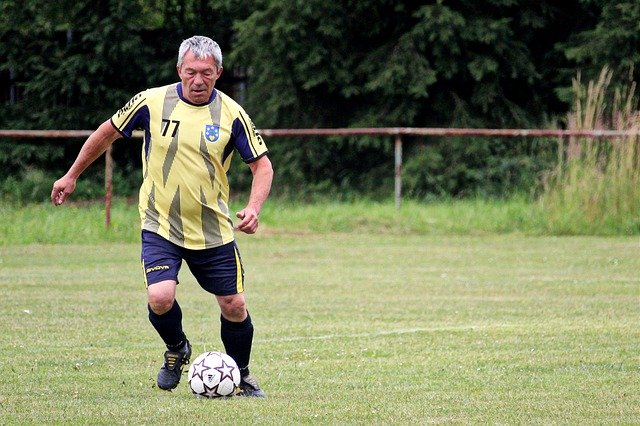Do you know the distinctions among “chronological age”, “biological age”, and “subjective age”?
Simply put: “chronological age” refers to the number of birthdays we’ve celebrated; “biological age” is determined by measuring age-related biomarkers which include grip strength, blood pressure, the elasticity of the skin, etc.; and “subjective age” is the age we feel.
Increasingly, I hear contemporaries exclaim that they can’t believe that they are already _____(fill in the blank) years old! Many still feel infinitely younger than their chronological age. Granted, this only applies to those who are fortunate enough to enjoy good health, but the reality is that this generation of older adults (Boomers) is healthier, better educated and more tech-savvy than any previous generation. They do feel younger and their “biological” age is more youthful.
Top Sixty Over Sixty (T60 Strategies) conducted a research study in 2018. We were trying to ascertain how our program, ReSet, impacted feelings of internalized ageism on an entrepreneurial mindset. Our findings were closely aligned with those of other researchers. We concluded that most older adults weren’t aware of their own bias against ageing. They didn’t realize that this internalized feeling was self-limiting. It also impacted health and attitude.
Although not part of our study, we have systematically been collecting data on “subjective age”, finding that most people over 40 consider themselves to be 20 years younger than they are. They also consider old age to be 20 years beyond their actual age. Apparently, these feelings are indicative of our “subjective age” which are quite accurate predictors of our well-being and ageing prognosis. Our gut intuitively signals how cognitively aware we are, how physically able we are and how emotionally stable we are. Feeling more youthful means that we tend to be more optimistic and positive. Having a positive outlook has been proven to make a great difference when it comes to ageing.
Aside from genetic predispositions, we all have the ability to improve our chances of ageing well and actively. If we embrace healthy habits, eating well, exercising and seeing the cup as half full rather than half empty, we can control some of the variables that will affect us later in life. The first challenge is to recognize our own bias and then to understand how to change it.
Related Articles:


0 Comments